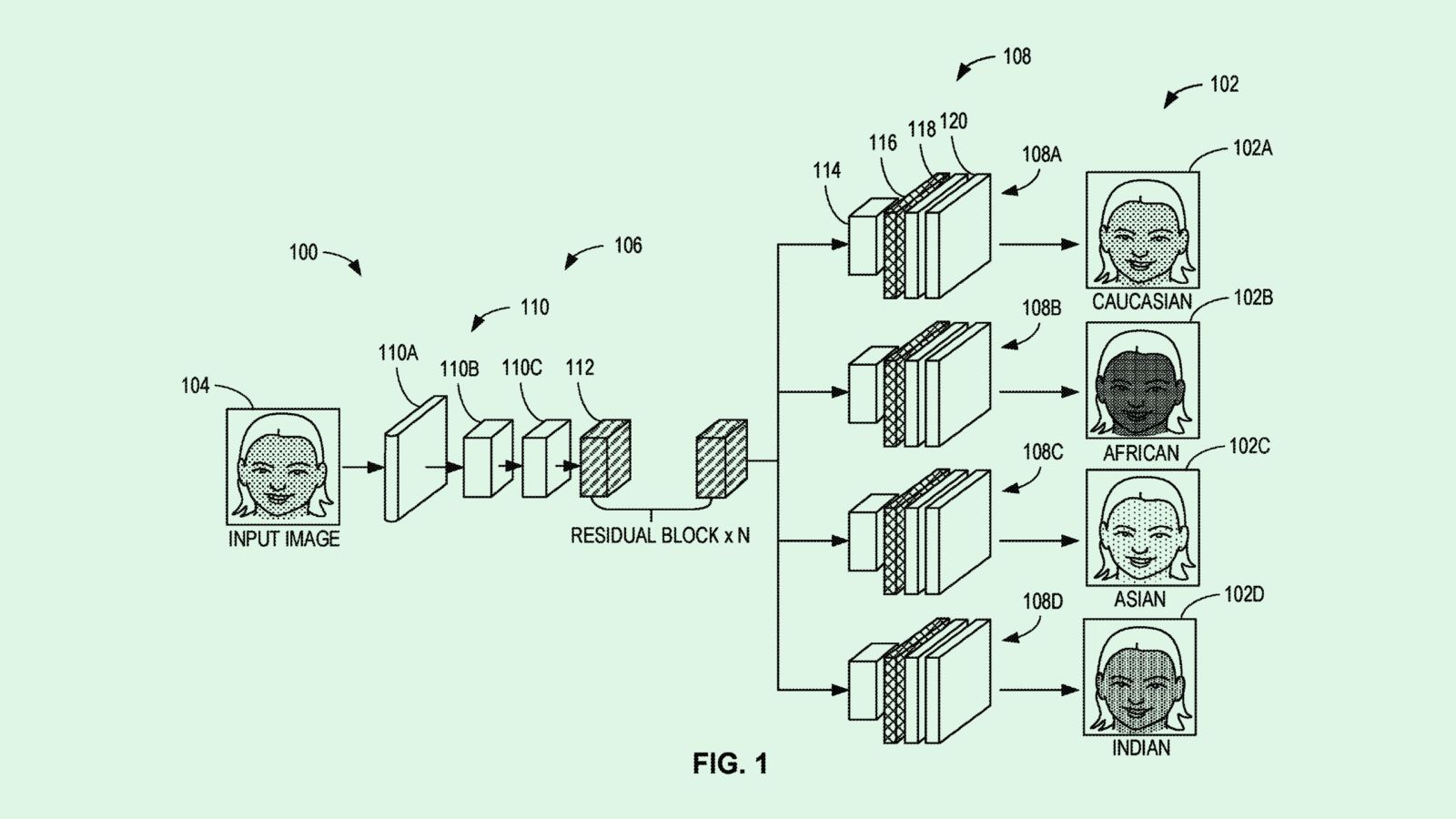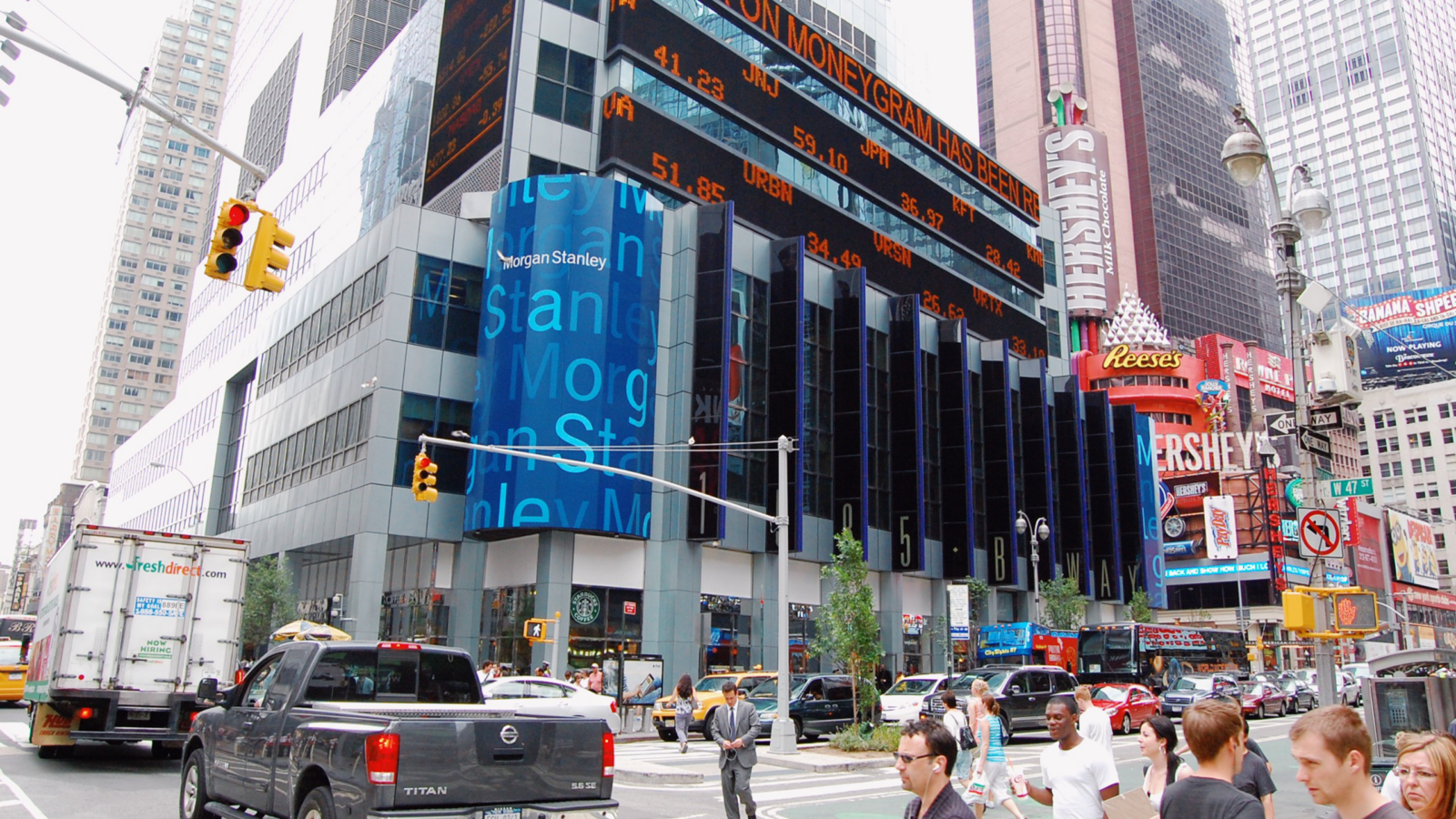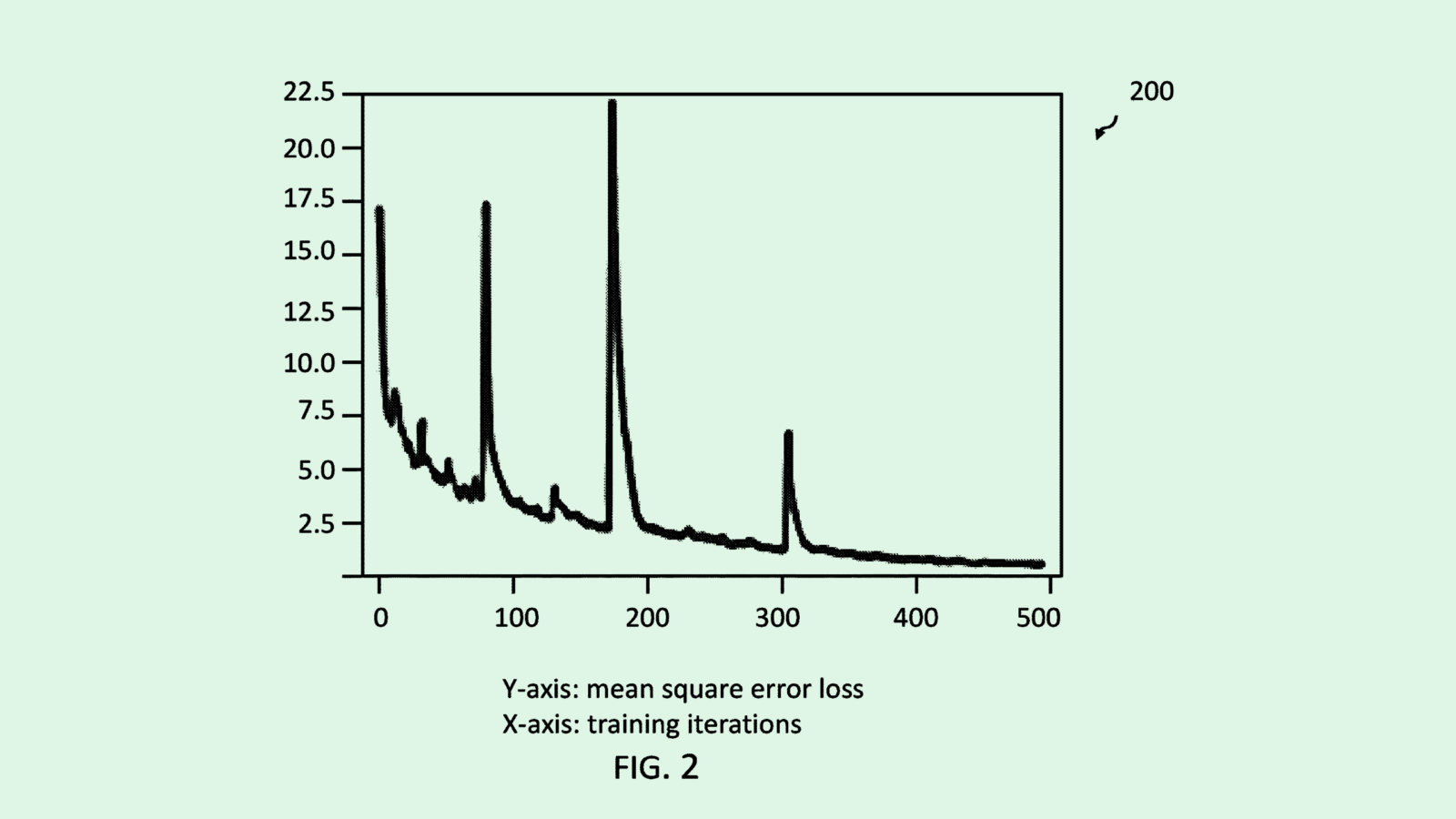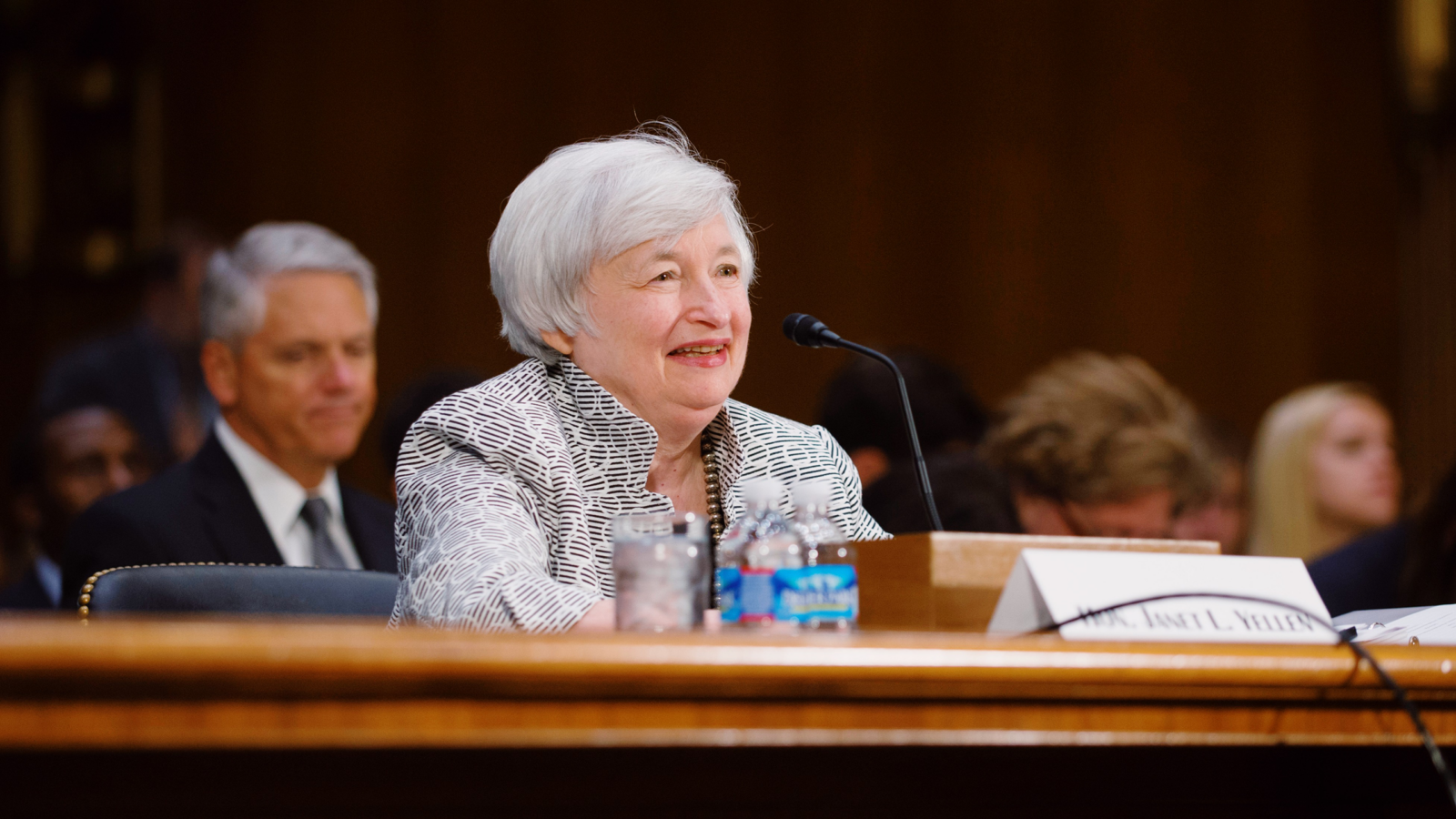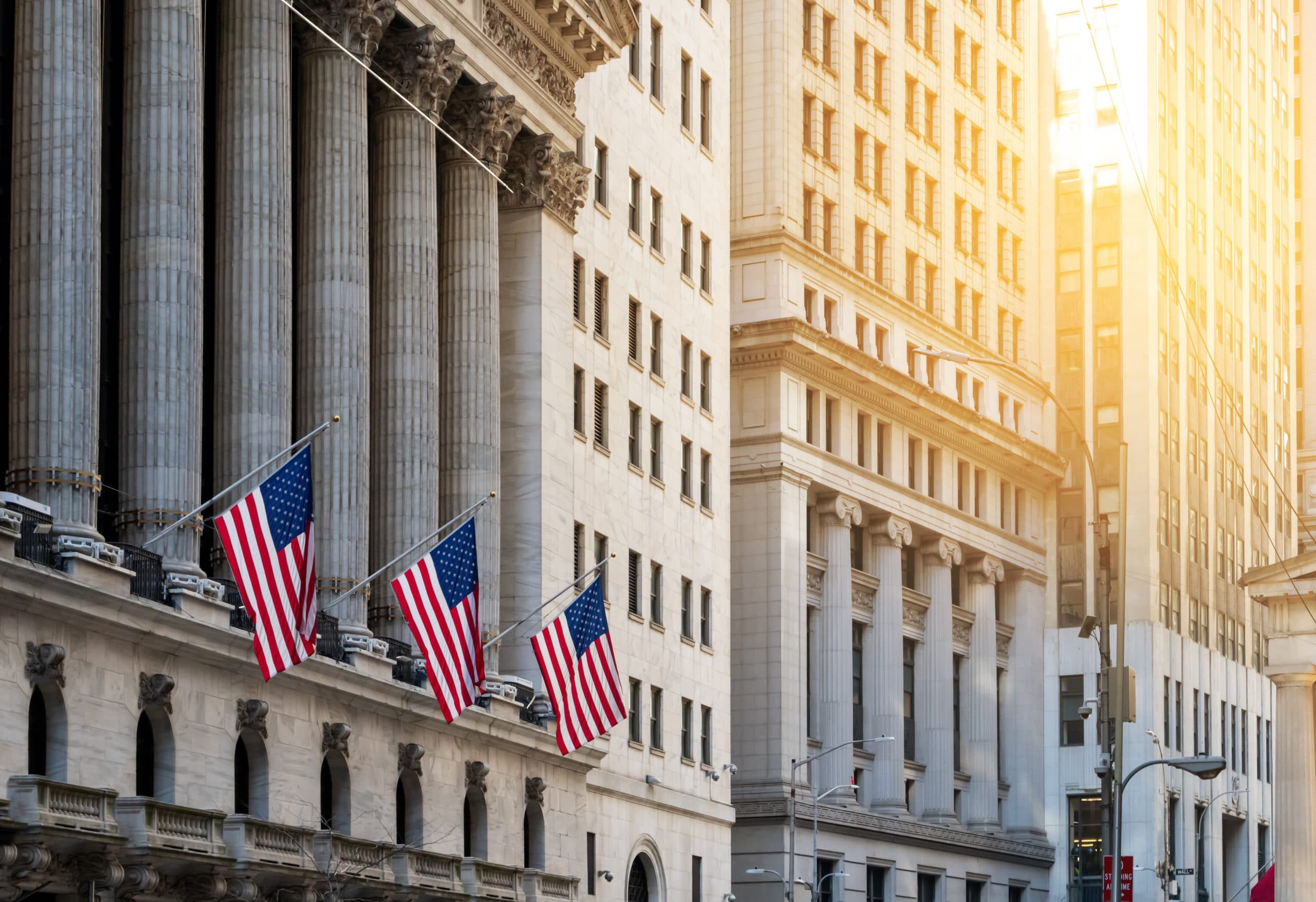
Sign up for smart news, insights, and analysis on the biggest financial stories of the day.
This time last year, retail investors were busy throwing metaphorical Molotov cocktails into daily markets — they piled in on meme stocks like AMC, Koss, and Bed, Bath, and Beyond. They drove Gamestop’s share price up 1,500% and bankrupted a London hedge fund while causing Wall Street’s Melvin Capital to lose $6.8 billion in the process.
So what are they up to in early 2022? New data says that, so far, retail investors are taking a relative chill pill.
Institutional Overdrive
A market where institutional investors have more power, unlike the speculative topsy-turvy days of meme stock mania, means one driven by steady, old-school (and what some extremely online traders would call boring) earnings reports and guidance statements. And that’s what’s shaping up at the moment.
Retail traders are still investing a lot, notching a 13 month-high $41 billion in stocks in January, according to Morgan Stanley, in fact. But that’s the smallest share of market volume since March 2020. The major factor that’s driving down their share in the market has been volatility going up — caused by inflation and the prospect of coming interest rate hikes — which means old school, institutional investors have pulled out of previously high-growth stocks. That has slowed markets overall and blunted the impact retail traders can have:
- After climbing to 24% in the first quarter of 2021, the share of trading done by DIY retail investors is now 18%, according to Bloomberg Intelligence.
- Money managers who use macroeconomic strategies left $43 billion in equity positions in January, enough to more than offset retail investor inflows — withdrawals across the board have also meant fewer hedge funds to short.
“If volatility stays high, retail lags,” said Larry Tabb, Bloomberg Intelligence’s head of market structure research. “And if I was to be a betting man, I would be saying volatility will remain high for probably throughout this year.”
Reduced Payday: Individual investors have lost 12% on trades this year, according to Morgan Stanley, suggesting the market volatility has also been a drag on their pockets, in addition to their Reddit posting.






